Fuel Pump Replacement – Quick Guide to Spot, Test & Fix
When your car starts coughing, stalls, or won’t start at all, the fuel pump is often the culprit. Ignoring these clues can leave you stranded and drive up repair costs. Below you’ll find the most common symptoms, a simple test you can do at home, and advice on whether to DIY or hand the job to the pros at Northwich Tyres Centre.
How to Spot a Bad Fuel Pump
First, listen for a whining or humming noise from the rear of the car – that’s the pump struggling. Next, watch the fuel gauge. If it drops quickly or sticks on empty even after a fill‑up, the pump isn’t delivering enough fuel. Other red flags include rough idle, loss of power under acceleration, and the dreaded “engine won’t start” scenario when you turn the key.
Even if you don’t hear anything, a weak pump can cause the engine to sputter when you step on the gas. This happens because the pump can’t keep up with the demand, especially on hills or when towing. Keep an eye on fuel smell around the vehicle; a strong gasoline odor can mean a leak in the pump or fuel line.
DIY Test & Replacement Basics
Testing the pump yourself is easier than you think. You’ll need a multimeter, a basic hand‑tool set, and safety glasses. First, disconnect the battery to avoid sparks. Locate the pump – usually inside the fuel tank – and find the electrical connector. With the meter set to resistance (ohms), check the pump’s wiring for continuity. Zero or infinite readings mean a broken wire or a dead pump.
If the wiring looks good, you can perform a pressure test. Attach a fuel pressure gauge to the test port on the rail (your car’s service manual will show the exact spot). Turn the ignition on without starting the engine; the gauge should read within the manufacturer’s spec range. Low pressure points to a failing pump.
When it comes to replacement, the biggest decision is whether to pull the tank out. Some modern cars have a “drop‑in” pump that can be swapped with the tank still in place, but older models often require tank removal. If you’re not comfortable lifting a heavy tank, it’s best to let a professional handle it.
At Northwich Tyres Centre we can fit a new pump, run a full pressure test, and align the fuel system for you. Our technicians have the tools to safely remove the tank, replace the pump, and dispose of the old unit responsibly. Prices are transparent, and we’ll explain any extra work, like fuel line cleaning or filter replacement, before we start.
Whether you choose DIY or a shop visit, remember safety first: work in a well‑ventilated area, avoid open flames, and always relieve fuel pressure before disconnecting lines. A proper test saves you from unnecessary part replacements, and catching a bad pump early can prevent damage to injectors or the engine itself.
Got more questions? Drop by Northwich Tyres Centre, give us a call, or chat with our team online. We’ll help you decide the best route to get your car back on the road without breaking the bank.
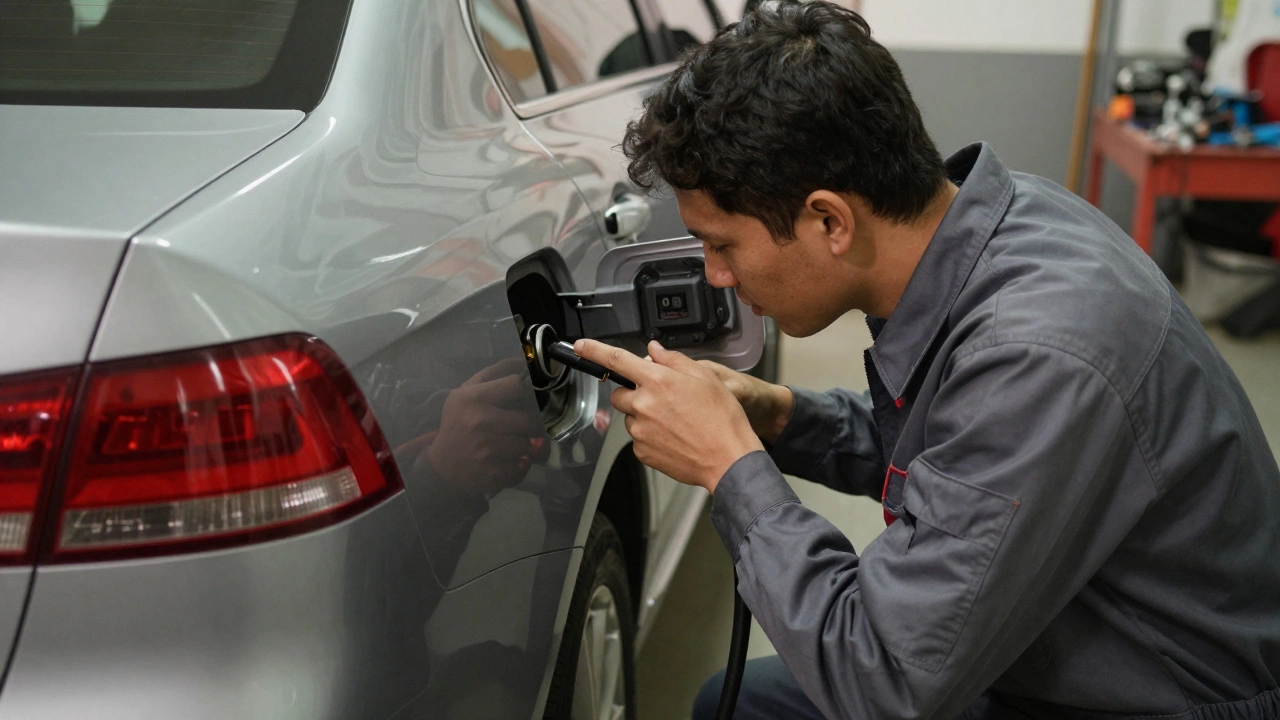 22 December 2025
22 December 2025
How to Test a Fuel Pump: Step-by-Step Diagnostic Guide
Learn how to test a fuel pump step by step with simple tools. Identify signs of failure, check fuel pressure, and avoid costly mistakes. Save money by diagnosing before replacing.
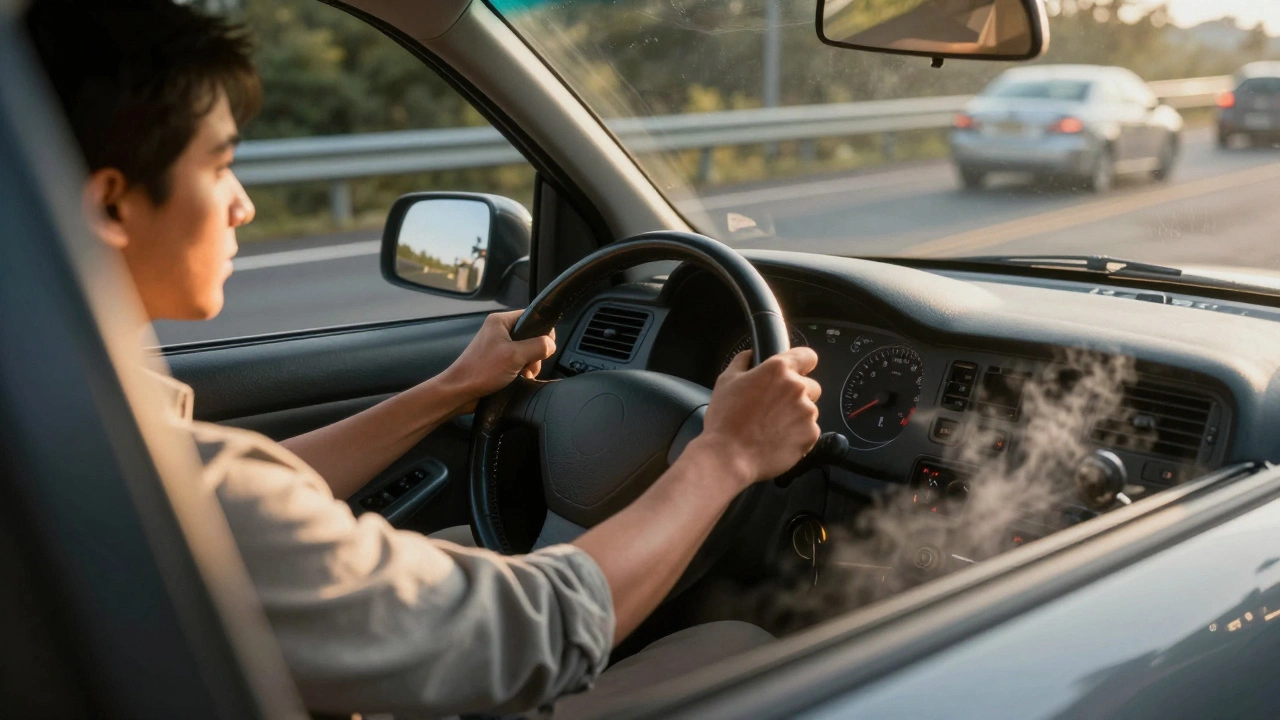 15 December 2025
15 December 2025
What Happens When Your Fuel Pump Starts Going Out? Signs and What to Do
When your fuel pump starts failing, your car shows clear signs like hesitation, hard starts, and whining noises. Ignoring them can lead to sudden breakdowns and costly damage. Know the warning signs and act before you're stranded.
 1 December 2025
1 December 2025
Should I Drive with a Bad Fuel Pump? Risks, Signs, and What to Do Now
Driving with a bad fuel pump is dangerous and can lead to engine damage or being stranded. Learn the warning signs, risks, and what to do immediately to avoid costly repairs.
 30 November 2025
30 November 2025
What Helps a Bad Fuel Pump? Fixes, Temporary Solutions, and When to Replace It
A bad fuel pump can't be fixed, but you can delay failure with fuel cleaner, a new filter, and keeping your tank above 1/4 full. Learn the real signs, what works, and when replacement is your only option.
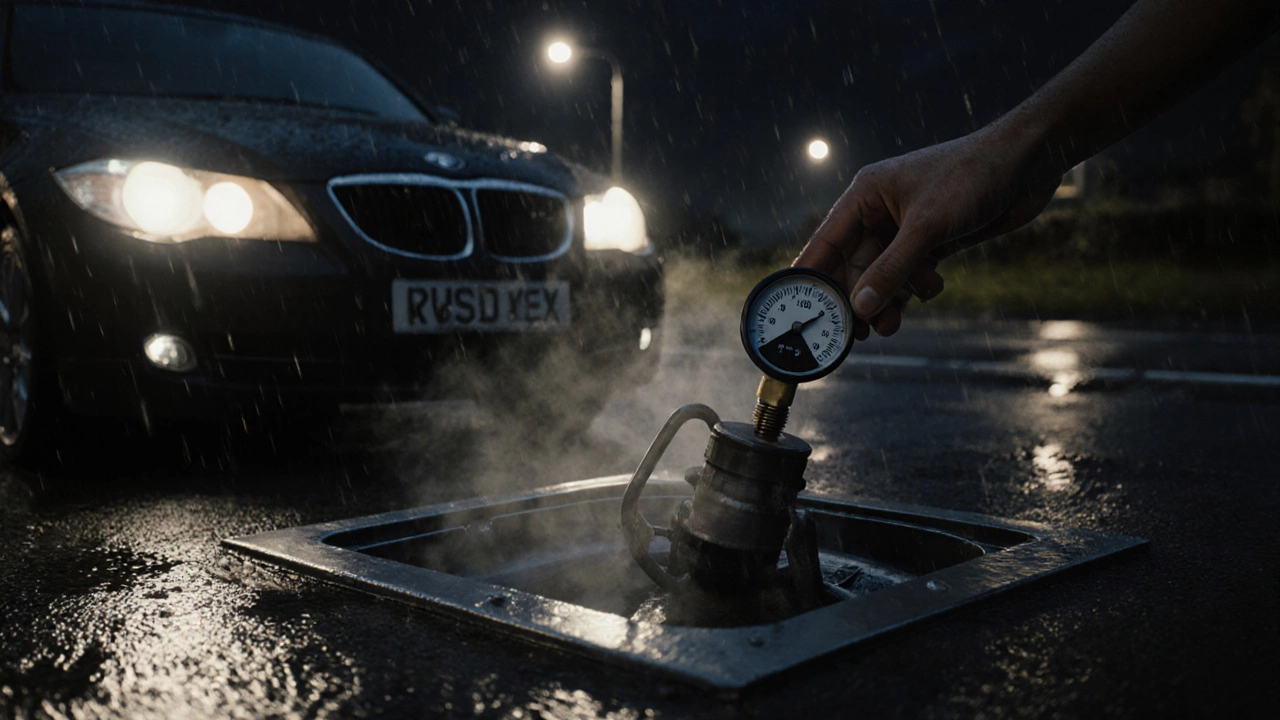 30 November 2025
30 November 2025
What Helps a Bad Fuel Pump? Real Fixes That Actually Work
A failing fuel pump won't be fixed by cleaners or boosters-but keeping your tank half full, using quality fuel, and replacing the filter can extend its life. Learn what actually helps and when to replace it.
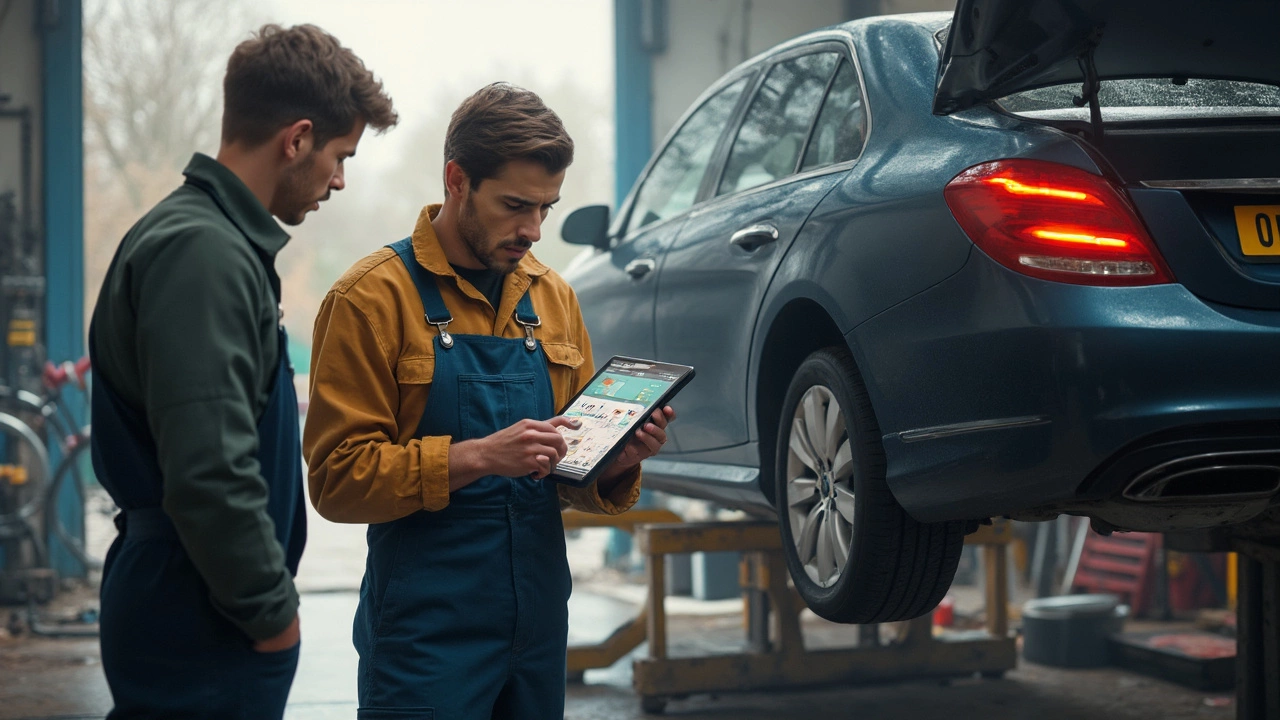 18 April 2025
18 April 2025
How Long Does It Take to Fix a Fuel Pump? Real-World Timelines and Tips
Not sure how much time you'll lose waiting on a fuel pump fix? This guide clears up how long it actually takes to replace or repair a fuel pump, breaking down each step and what can delay or speed things up. Learn about the right tools, potential hiccups, and practical steps you can take to make the fix easier. Whether you're thinking about doing it yourself or leaving it to the pros, this article covers real-time estimates and insider tips to dodge surprises. Save money, avoid headaches, and get your car running again faster.
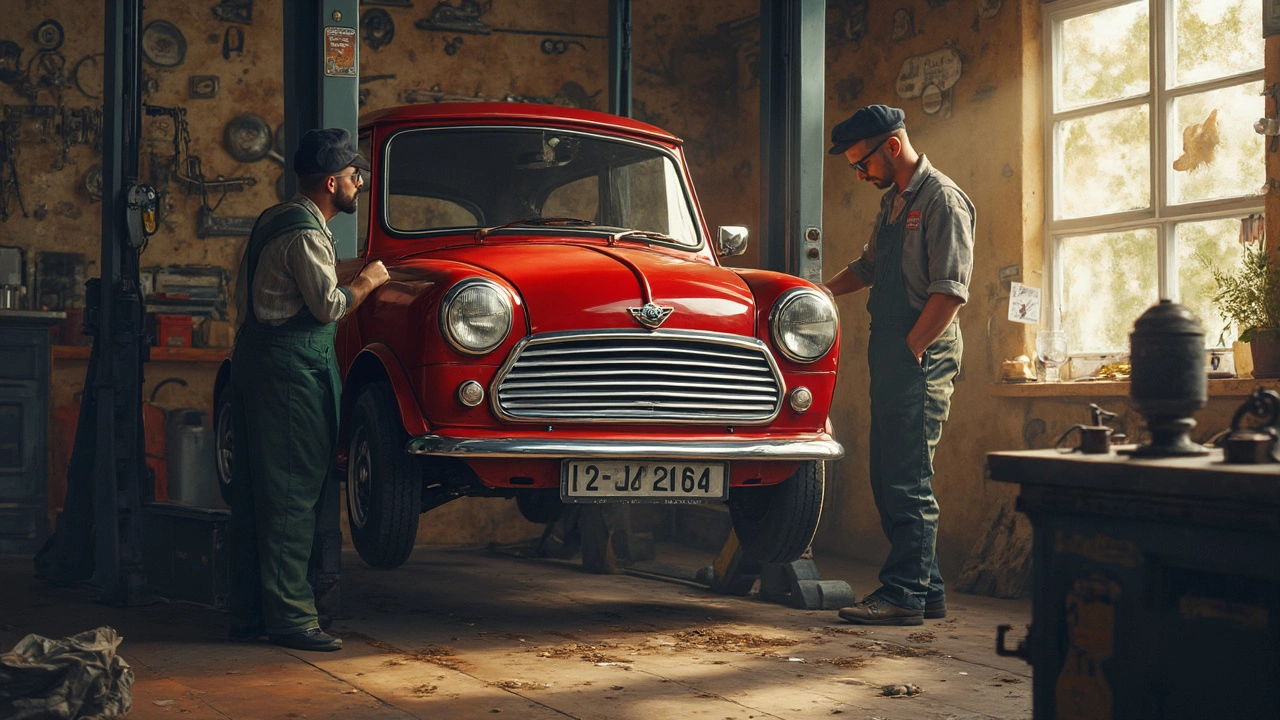 11 March 2025
11 March 2025
How Much is a New Fuel Pump? Costs & Tips
Replacing a faulty fuel pump can be quite the task, involving considerations ranging from the price of the pump itself to various installation charges. This article breaks down how much a new fuel pump typically costs, what affects the price, and some tips to save money. From understanding labor costs to tips for prolonging pump life, it's all covered here. Essential knowledge for car owners looking to keep their vehicles running smoothly.
Tags
- car maintenance
- engine oil
- spark plugs
- brake pads
- engine performance
- vehicle maintenance
- windshield wipers
- fuel pump
- clutch replacement
- spark plug replacement
- clutch kit
- suspension parts
- car performance
- oil change
- air filters
- car suspension
- car radiator
- exhaust systems
- fuel pump failure
- car radiators

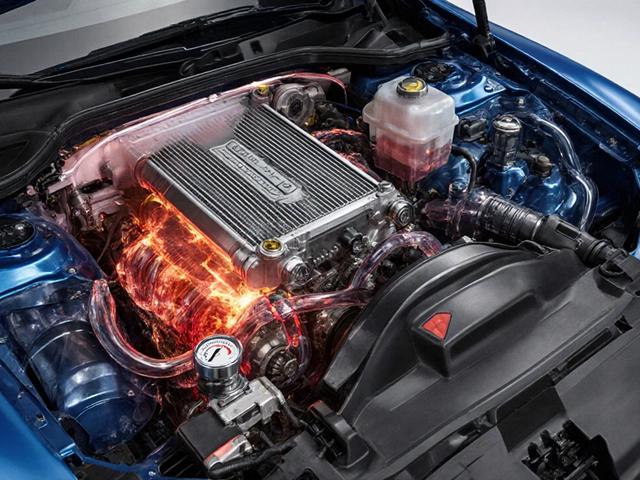
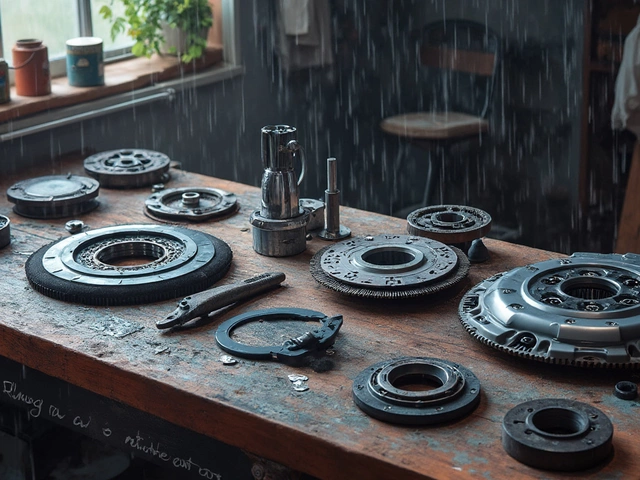
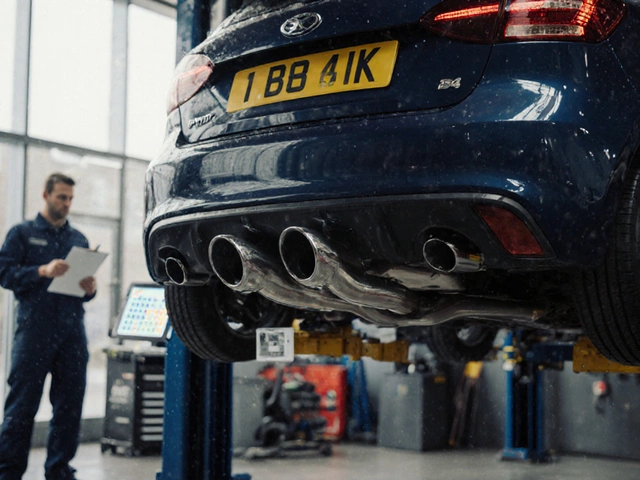


0